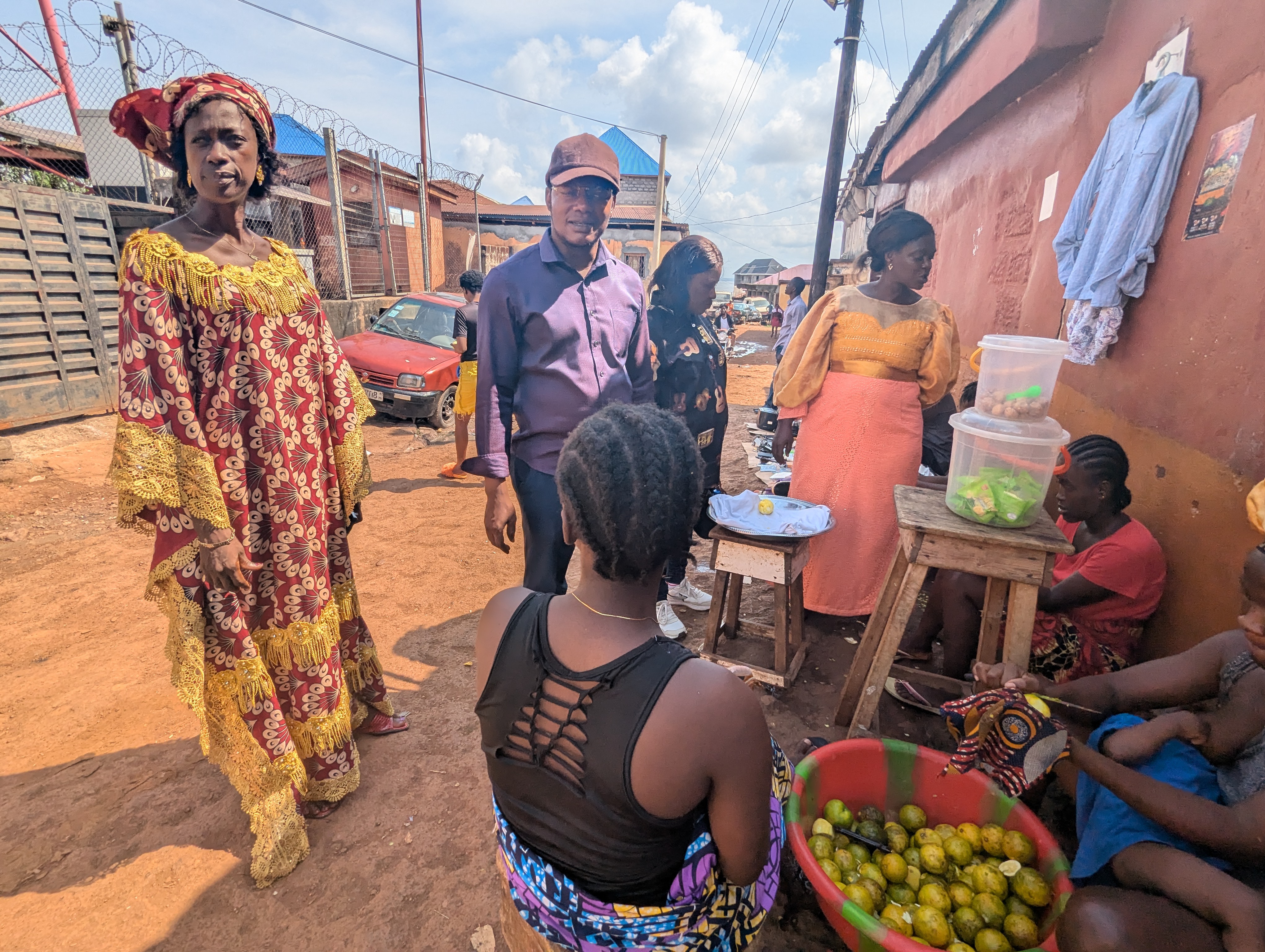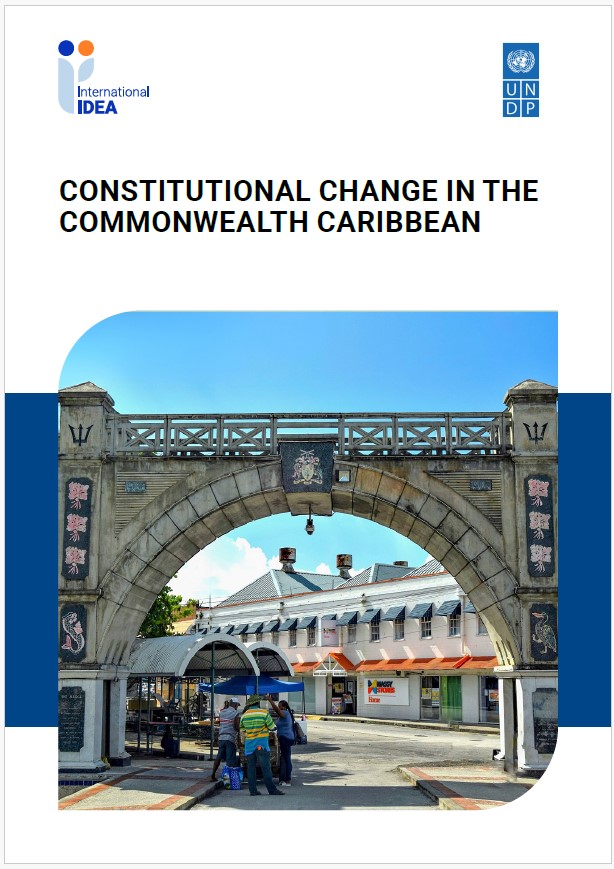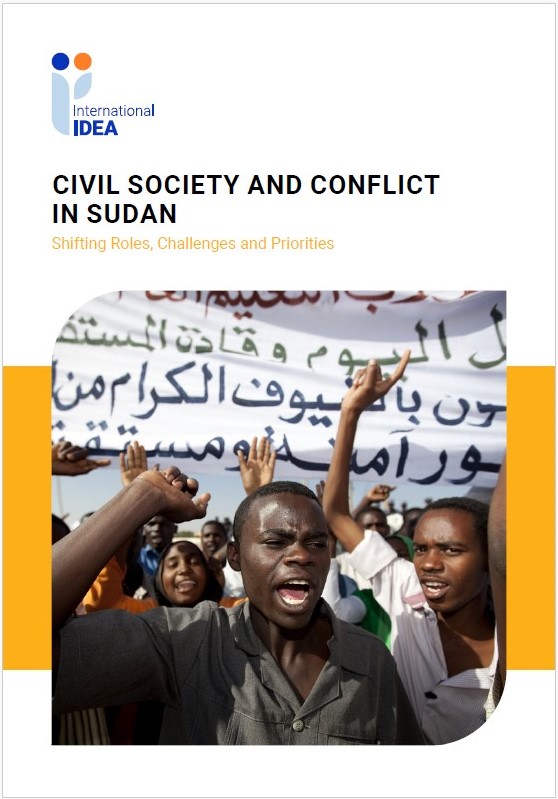Constitution-building processes are increasingly seen as critical elements within both peacebuilding and state-building processes.
Search
Region
Country
Type
Fiji’s 2018 parliamentary elections took place on 14 November with over 630,000 registered voters at 2,173 polling stations, including advanced and postal voters. With heavy rain and a tropical disturbance throughout the voting day, the Fijian Elections Office (FEO) postponed voting in 25 polling stations to 17 November. This year’s turnout is expected to be lower compared to the 2014 elections.
Mongolia’s political finance regulatory framework faces significant challenges. Lack of enforcement, influence of private business interests and various loopholes have eroded people’s confidence in politics and posed obstacles for women and youth to access positions of power and decision making at all levels.
The Federal Competitiveness and Statistics Authority of United Arab Emirates hosted the second UN World Data Forum in Dubai on 22-24 October 2018. The Forum brought together a wide array of actors from national statistics offices, government institutions, international and intergovernmental organizations, the private sector, civil society, academia and media.
Yangon is at a critical juncture on its path towards democracy as its administrative body, the Yangon City Development Committee (YCDC), is preparing for the first ever fully democratic municipal elections in Myanmar early next year.
International IDEA co-hosted the Third Annual Melbourne Forum (MF3) on “Implications of Culture for Constitution Building” on 15-16 October 2018 in Colombo, Sri Lanka. The Melbourne Forum on Constitution-Building is organized jointly with the Constitution Transformation Network at Melbourne Law School.
By-elections are of great importance to a representative and credible democracy as seats need to be filled to ensure the legitimacy and function of Myanmar’s various parliaments. On 3 November 2018, Myanmar held by-elections to fill the 12 vacant seats of three houses and levels (Upper House, Lower House, and State and Region Parliaments), plus the vacant position of the Shan Ethnic Affairs Representative in Mandalay.
Relations between the media and electoral authorities can be strained or uneasy, and the result of such strained relations can be misinformation or missed opportunities. Since public confidence (and ultimately acceptance of the electoral results) is at stake, there can be no doubt of the importance for electoral management bodies (EMBs) to building solid working relations with the media to ensure that the electorate is well-informed about the electoral processes and developments.
Disclaimer: Views expressed in this commentary are those of the staff member. This commentary is independent of specific national or political interests. Views expressed do not necessarily represent the institutional position of International IDEA, its Board of Advisers or its Council of Member States.
Ensuring the effective implementation of political finance regulations and regularly updating them to appropriately address new risk areas are the keys to successful anti-corruption efforts. In order to influence the global policy debate on money in politics, International IDEA has recently participated in two major international anti-corruption events; the 18th International Anti-Corruption Conference (IACC) and the 18th EPAC/EACN Annual Professional Conference.
Electoral management bodies (EMBs) in Africa generally have broad constitutional mandates to oversee electoral processes and the management of elections.
However, in many cases, the establishment of EMBs has not been matched by sufficient or timely commitment of resources needed for the fulfilment of their mandates. The topic of financing elections has therefore become a pressing issue among African election practitioners.
Disclaimer: Views expressed in this commentary are those of the staff member. This commentary is independent of specific national or political interests. Views expressed do not necessarily represent the institutional position of International IDEA, its Board of Advisers or its Council of Member States.
Mongolian People’s Party, Democratic Party, Mongolian People’s Revolutionary Party, Civil Will Party and National Labour Party recently all came together at a training event to face common challenges: integrity and inclusivity in political party finance. The event allowed unprecedented dialogue on these issues to emerge.
Centre-left Druk Nyamrup Tshogpa (DNT) will form the third elected government of Bhutan following Lotay Tshering’s win in the 18 October parliamentary election. With the ruling People’s Democratic Party eliminated in the first of the two rounds of the election, the country voted between DNT and the Druk Phunsum Tshogpa (DPT), which governed between 2008-2013.
The key findings from the most recent update to the Global State of Democracy (GSoD) Indices data are as follows.
In November 2017 International IDEA launched the first edition of a new biennial report, The Global State of Democracy.
The report provided evidence-based analysis and data on the global and regional state of democracy. It also contributed to the public debate on democracy, informed policy interventions and examined problem-solving approaches to the challenges facing democracies worldwide.
The following press information has been issued by International IDEA's Council of Member States:
The International IDEA Member States met in an extraordinary session on August, 24th and September,14th to follow up on the external audit as mandated by the Council on December 6th of last year. The outcome of the KPMG audit was shared with the International IDEA Member States, Management and Staff.
El 11 y 12 de octubre, en la ciudad de Santa Cruz de la Sierra, Bolivia, tuvo lugar la II Conferencia de la Asociación de Magistradas Electorales de las Américas (AMEA),con la participación de trece países de la región, organizado por el Órgano Electoral Plurinacional(OEP) de Bolivia.
This news article is available in English.
Bolivia assumes the presidency of the AMEB and promotes the debate on the Parity and Intercultural Democracy.
This issue of Constitutional INSIGHTS examines the choice between making a new constitution and amending an existing constitution to achieve substantial constitutional change.


